We were lucky to catch up with Pamela Cooper-White recently and have shared our conversation below.
Pamela, so good to have you with us today. We’ve always been impressed with folks who have a very clear sense of purpose and so maybe we can jump right in and talk about how you found your purpose?
There’s no simple answer to this question! It’s layered. Looking back, as I’m soon to turn 70, I can say that I’ve always had a sense of purpose or “calling” to be of service in one way or another, to the greater good. At the most basic level, this came from my parents and grandparents, who all believed in community involvement (mostly through organizations like the Masons and the American Legion, as well as church attendance). They also instilled in me a high value for education, music, and the arts. I was lucky in that respect, that I grew up in a house full of books and music, in a coastal town north of Boston that had a fantastic school system, and a bunch of peers who were also strongly encouraged achieve academically. This is the foundational layer. But I also had some struggles trying to figure out what would be the vocation – the “calling” – and what would be the avocation. My mother, as a piano teacher, expected me to pursue music as a career. (As a newborn, she unwrapped me just enough to see whether or not I had “piano hands”!) She had cut short her own aspirations to be a concert performer for the sake of marriage and family. I was to step in and complete her dream. (She wasn’t Momma Rose – ‘Gypsy’ reference – but the message was clear!) But I was also a quite mystical child with a lot of spiritual questions, which led me to join a church youth group – guitars, candles, group prayers, a coffee house that we actually ran – and that, in turn, led me to read the Gospels straight through for the first time. I remember running into the house and saying, “If we’re Christian, shouldn’t we be giving up everything we have and giving it to the poor, like Jesus said?” My mother and grandmother gave me a look and said “Now, don’t be a fanatic!” As a young adult I followed a winding path through art and music school, a graduate degree in musicology, and then music led me to take a job as a church musician and eventually a sense of “call” to be ordained as a minister – more graduate school! With a PhD in music and a Master of Divinity, I continued to weave back and forth between the two vocations over several years, and being ordained in ministry. Finally, I can say that service won out – first directing social justice agencies working with refugees, and then with battered women – and then, returning to academic life, writing and teaching graduate theology students with a sharp emphasis on social justice. During my career I also shifted from crisis work to becoming a therapist, to be able to go deeper with people than at the very worst moment of their lives. I eventually did a 2nd PhD in psychoanalytic social work and delved into the unconscious as a source to understand suffering, and to help more deeply. Music and art became avocations, though never dropped entirely. Now in retirement, I am picking up the threads of all of these passions in one way or another, and I hope deepening my spirituality through art, music, and community engagement. My “purpose” feels true and full, and it’s more like a tapestry than a single-minded pursuit.
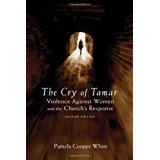
Great, so let’s take a few minutes and cover your story. What should folks know about you and what you do?
I don’t have a “brand,” and have always resisted the idea of marketing what I do, but I suppose that my name as an author and teacher is in a way my brand. (I have an author page on amazon!) I’ve published 11 books (one just forthcoming) and over 100 articles for both scholars and practitioners. Although these are many words on many pages, they also represent not only my thinking over the years and how it’s developed, but they describe my many relational, service, and advocacy commitments. Some of my proudest moments are not books on a shelf, but the relationships I’ve formed, the caring and mentoring I’ve been able to do, and the few really vivid moments where I feel I positively changed someone’s life. I disarmed more than one homeless man as the organizer of a dinner program for “street people” as they called themselves, and got one the medical help he both feared and needed. I testified at a sentencing hearing for a battered woman who was convicted of murder for what was self-defense, and her sentence was reduced to time served. My husband and I stood shoulder to shoulder with a Salvadoran pastor who had received death threats, when we were all stopped on a country road and threatened with machine guns. We believe our U.S. passports were the only thing between us and death. Now, in retirement, I am still politically active, but at the local grassroots level where I have come to understand so much repressive policy starts. As an Episcopal priest I’m serving as a spiritual director/companion (it’s a thing – see my page on Spiritual Directors International: https://www.sdicompanions.org/sdi-profile/pamela-cooper-white/), using my counseling skills not as a therapist or crisis counselor but as one who mutually explores and deepens spiritual journeys with another person. I’m doing art, gardening, grandmothering, spousing, and deepening my connenction with the Sacred – which is where that mystical child first started to recognize Holy Mystery!
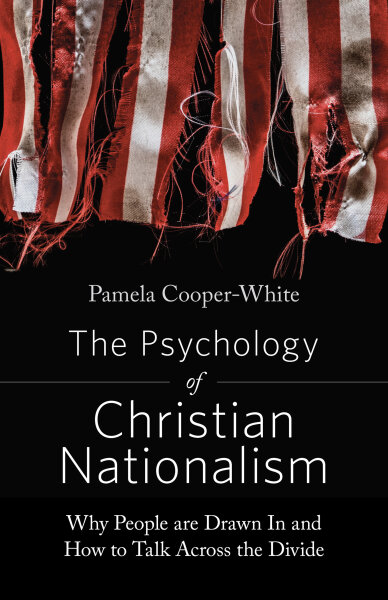
There is so much advice out there about all the different skills and qualities folks need to develop in order to succeed in today’s highly competitive environment and often it can feel overwhelming. So, if we had to break it down to just the three that matter most, which three skills or qualities would you focus on?
The older I get, the more I appreciate how the seeds of everything I needed in order to pursue my sense of purpose or calling were already there in childhood. Even though, especially as a young adult, I questioned my vocation several times, and the demands of working for a living and maintaining healthy relationships sometimes seemed to get in the way of clarity, in hindsight I can see all the twists and turns making sense. Not following a straight-line “career path” allowed me to build on my earliest passions and talents, develop skills in a variety of complementary areas. I now see the little girl I was in everything I’ve managed to accomplish. So my advice is: trust who you really, truly are. What are you most drawn to? What lights you up? What scares you (in a good or at least useful way)? What pressures of adult living may have fogged up your vision into your earliest loves and passions? And what might you be able to change in order to move forward with greater clarity? Remember: your purpose may not be just one thing, and your path doesn’t have to be one straight arrow!
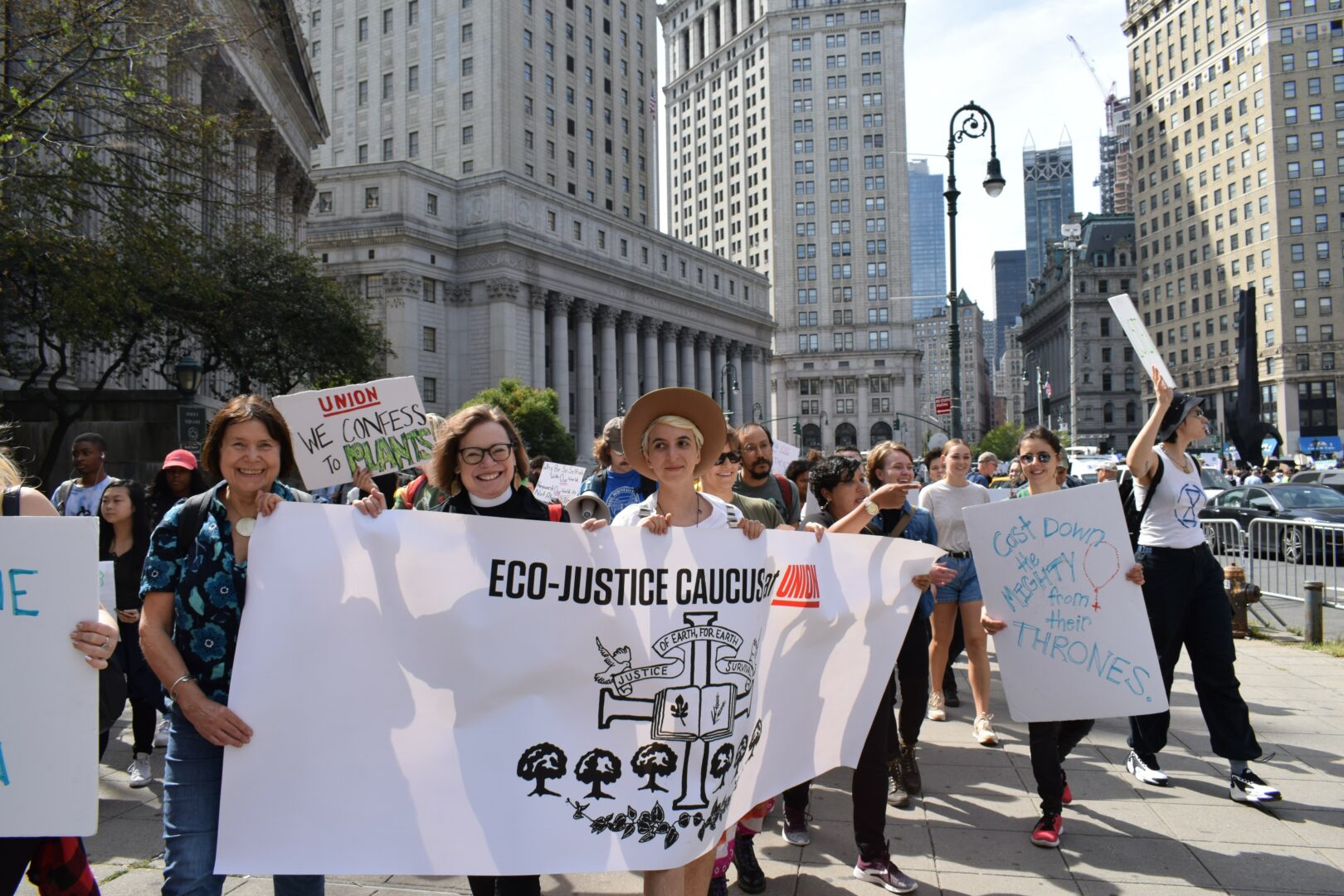
Before we go, any advice you can share with people who are feeling overwhelmed?
I do have a habit of over-committing – even now in retirement! When I feel overwhelmed, I have a tendency to want to go inside myself and shut myself off from competing demands. I’ve learned a couple of things about that. One, that it’s actually OK and even important to go inside myself for a time, in order to regroup, to recharge, and to let creative insights emerge without trying to force them. And second, that “inside myself” isn’t a place I can stay. It’s a question of balance. We all have our own rhythms, but it’s important to recognize that doing-doing-doing often has diminishing results. We need to breathe, to rest, to be still. And third, we need to play. We need other people in our lives to just hang with. In academia and elsewhere I’ve met a lot of people who view relationships mostly as transactional, to use (mutually at best, selfishly at worst) to climb a ladder of success. Who are the people in your life where you can just be yourself, not striving for anything, just nourishing each other? Who can give you loving feedback about where you’re maybe going off the rails a little, and who can prop you up when you feel defeated? And don’t persist in toxic relationships thinking you should make them better. Find your tribe – they’re the ones who will support your passion!
Contact Info:
- Website: https://www.sdicompanions.org/sdi-profile/pamela-cooper-white/
- Facebook: Pamela Cooper-White (profile and page)
- Other: My author page on amazon
https://www.amazon.com/stores/author/B001JSAOCG?ccs_id=ae07ef01-11ed-4ec6-a60e-ba51e447c882
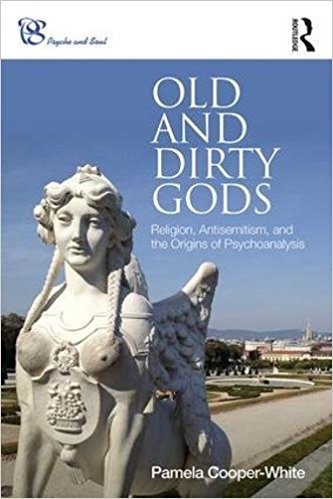
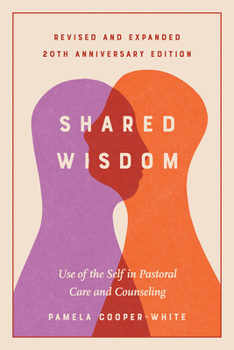
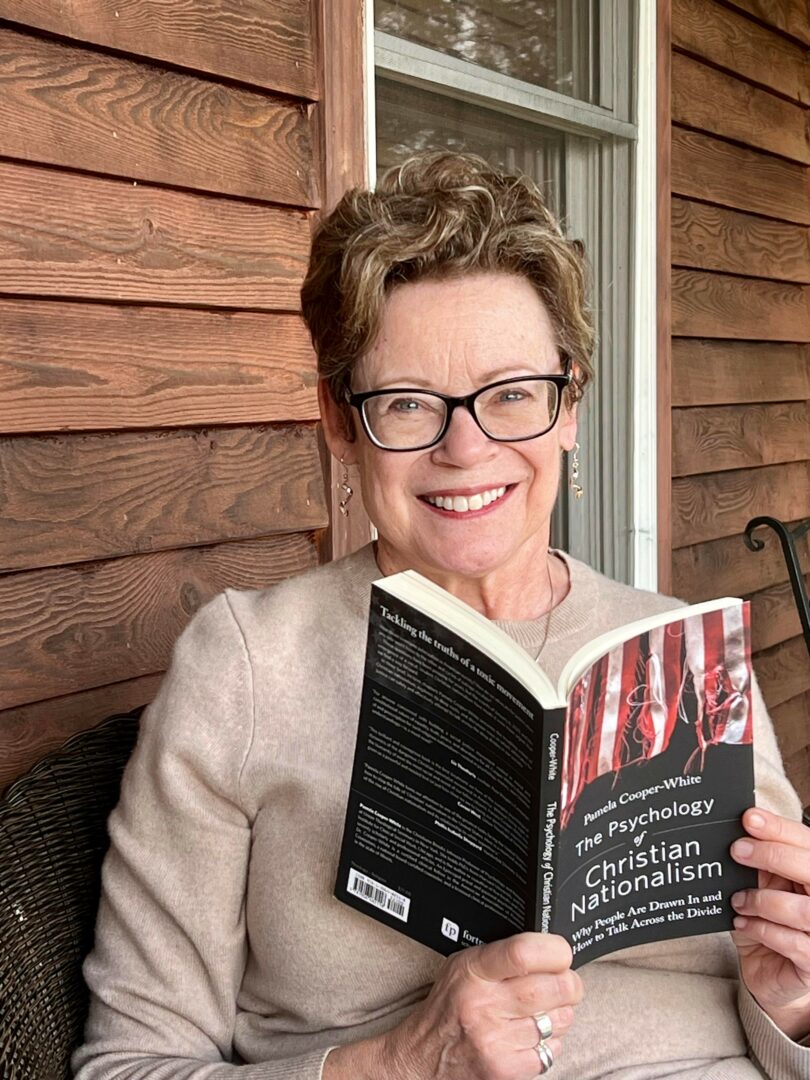
so if you or someone you know deserves recognition please let us know here.




